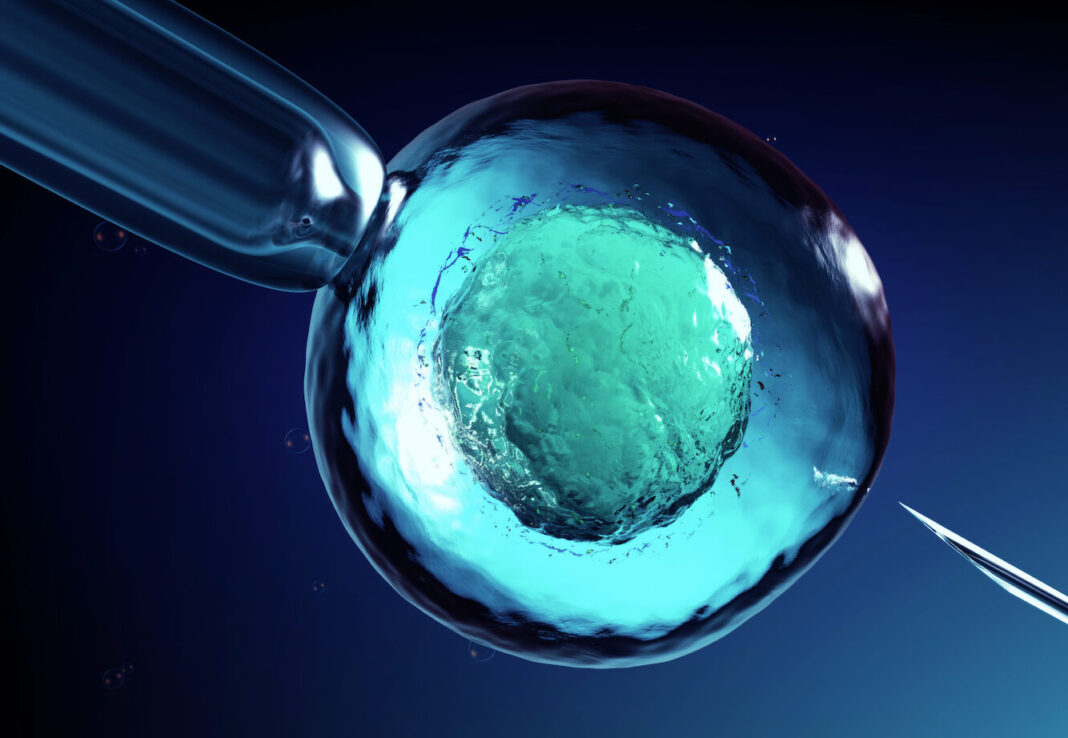New research indicates that a rhesus monkey ( ), cloned using somatic cell nuclear transfer (SCNT), has successfully survived for over two years. While the study only documents a single successful replication of a rhesus monkey, the findings add to our understanding of the processes involved in primate reproductive cloning and have the potential to improve its effectiveness. The research article, “ Reprogramming mechanism dissection and trophoblast replacement application in monkey somatic cell nuclear transfer, ” was published in Nature Communications .
Recently, wild-type and gene-edited cynomolgus monkeys ( ) were successfully cloned using SCNT. Despite previous attempts using the same protocol for cloning cynomolgus monkeys, achieving this goal has remained elusive. The successful long-term survival of SCNT-cloned rhesus monkeys is of great importance, as these nonhuman primates (NHPs) are extensively used for basic and clinical research.
In 1997, rhesus monkeys were successfully cloned using donor cells that were blastomeres from early-stage embryos. It is noteworthy that no postnatally viable SCNT-cloned rhesus monkey existed until recently. Even so, a recent report documented the birth of a rhesus monkey with cloned somatic cells that lived for less than 12 hours after birth.
In conventional cloning methods, the live birth rates for most mammalian species are extremely low, ranging from 1% to 3%, with slightly higher rates observed for bovines (5–20%). In line with the low survival rates, abnormalities in development have been found in SCNT-cloned animals, mainly in the extraembryonic lineages. Previous studies have explored the viability of the trophoblast exchange technique to achieve live births, but its effectiveness in improving the cloning efficiency of bovines has been limited.
Notably, defects in the trophoblast cell lineage have been found to impact the development of cloned mice. In this study, researchers from the labs of Falong Lu, Zhen Liu, and Qiang Sun aimed to improve the cloning efficiency of rhesus monkeys. Co-first authors Zhaodi Liao, Jixiang Zhang, and Shiyu Sun performed a comparative analysis of multi-omics datasets, comparing embryos resulting from intracytoplasmic sperm injection (ICSI) with those from SCNT.
Their research shows that in monkey blastocysts made with SCNT, there is a general decrease in DNA methylation and no imprinting in genes passed down from the mother. They report that this loss of imprinting persists in SCNT embryos cultured in vitro until embryonic day 17 and in full-term SCNT placentas. Additionally, histological examination of SCNT placentas shows noticeable hyperplasia and calcification.
To fix these problems, the researchers devised a strategy called trophoblast replacement (TR), also known as SCNT-TR. It involves using the histone demethylase Kdm4d and the histone deacetylation inhibitor trichostatin A (TSA) along with treatment. The TR method involved the injection of the inner cell mass (ICM) obtained from SCNT embryos into the blastocoeles (from which the ICM had been extracted) derived from intracytoplasmic sperm injection (ICSI) embryos.
By employing this methodology, they effectively accomplished the live delivery of a robust SCNT rhesus monkey, which has thrived for more than two years since compiling this research for publication. These findings offer a valuable understanding of the reprogramming process of monkey SCNT and present a promising approach for primate cloning. Previous article.
From: genengnews
URL: https://www.genengnews.com/topics/translational-medicine/rhesus-monkey-cloned-via-somatic-cell-nuclear-transfer/



